The Best Travel Credit Cards for Every Type of Traveler 2025: A Comprehensive Guide
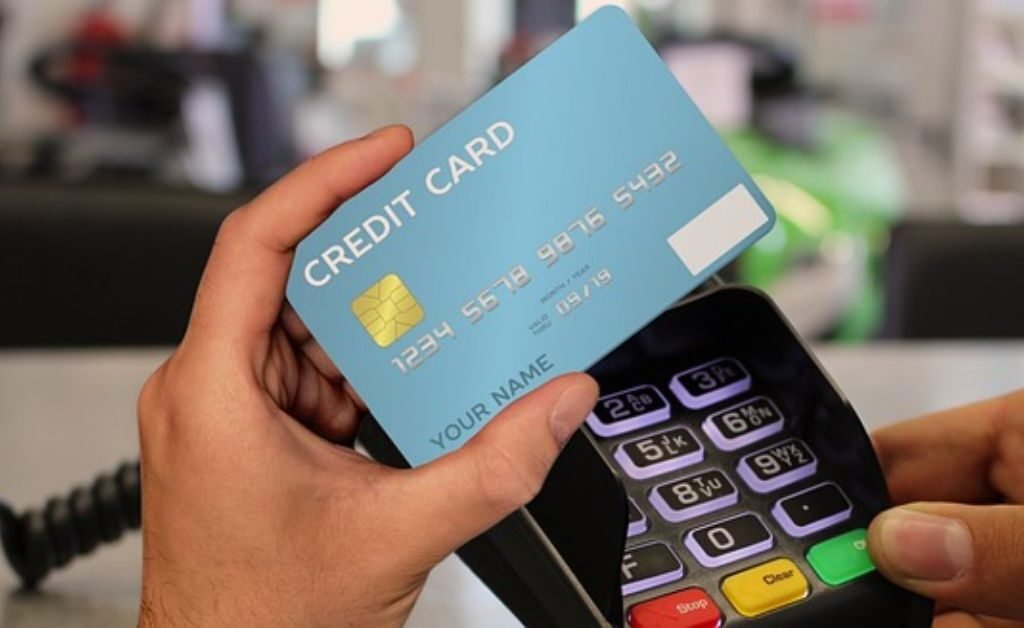
Introduction: Are you a common flyer, a road trip fanatic, or a person who simply loves to discover new locations? Choosing the right credit card may be a game-changer for your travel experiences in 2025.The best credit cards aren’t just about earning points.They’re approximately unlocking specific tour perks, saving cash on flights and hotels, or […]
What Is The Best Credit Card For Travel Points And Rewards Worldwide

IntroductionThe Best travel credit cards with the best features offer free flights, hotel accommodations, and exclusive upgrades.The best credit card can encourage you to earn points whenever you shop, eat out, or book travel. This accumulates points that grant you access to incredible rewards. Whether traveling for business or pleasure, a travel credit card will […]
How Do Travel Agents Get Paid?
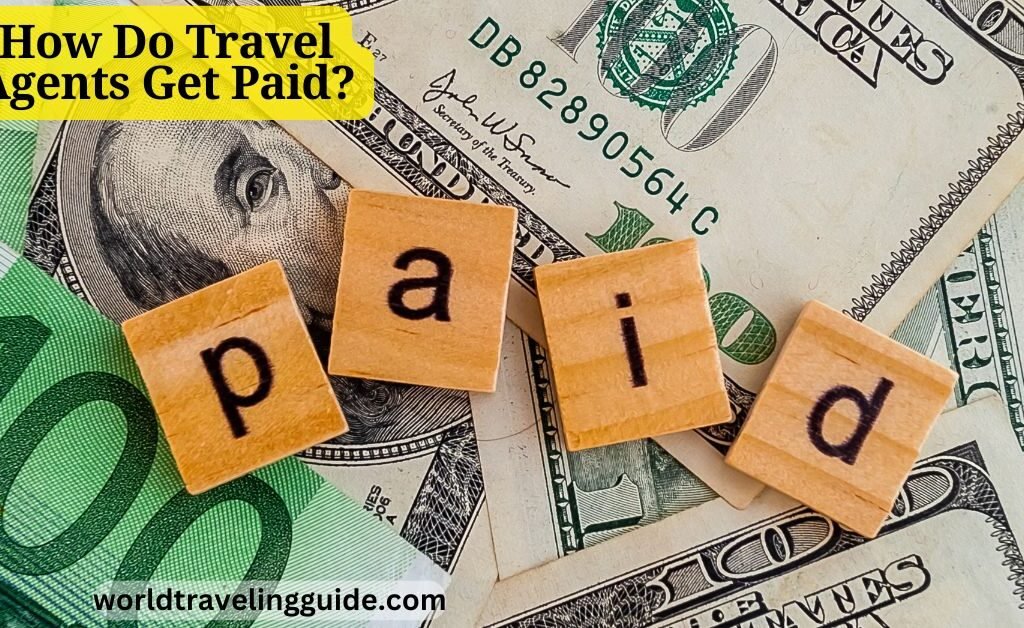
Introduction In this article, travel agents will be discussed in terms of How Do Travel Agents Get Paid? and from where they get income using commissions, service fees, and other sources. There is no doubt that travel agents offer great assistance and facilitation to individuals and businesses because, without them, trip plans could be time-consuming […]
What is the Travel Document?
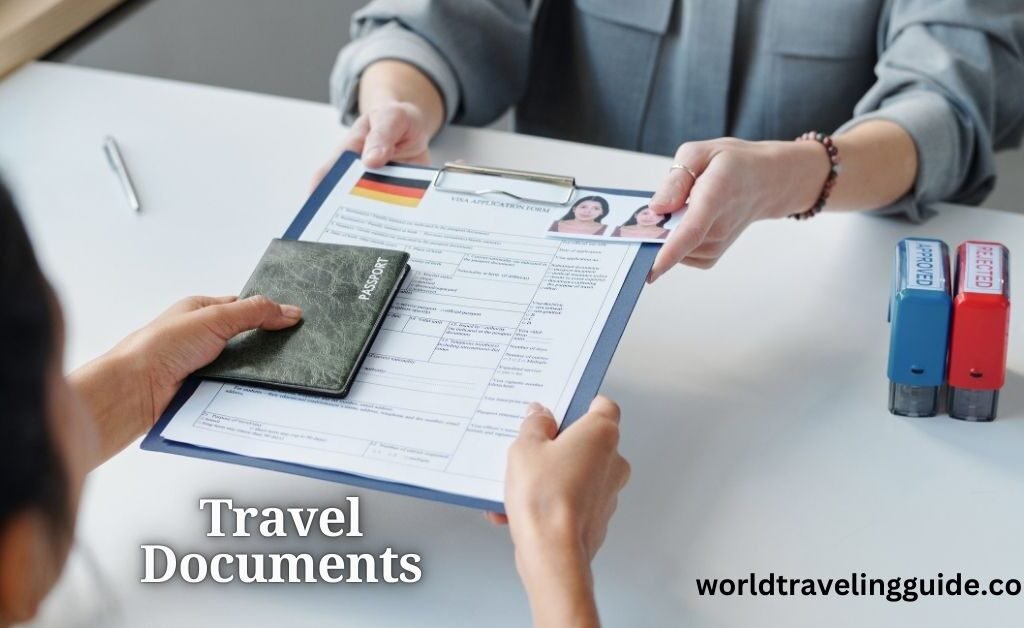
Travel documents are the crucial official identity and authorization of crossing borders used from one country to others. Maybe you are five on-the-go around the world or you are preparing for it for the very first time. Either way, knowing the destination and travel documents’ purpose and Types is essential for carrying out travel without […]
How to Book Things as a Travel Agent

Travel booking as a travel agent isn’t just about booking flights and hotels for its own sake. Rather, it is tapping into industry resources, knowing preferences of the clients, and creating amazing experiences.Here is a guide with practical steps How to Book Things as a Travel Agent? and useful tips that will aid in becoming […]
Best Budget Travel Apps for Planning Trips
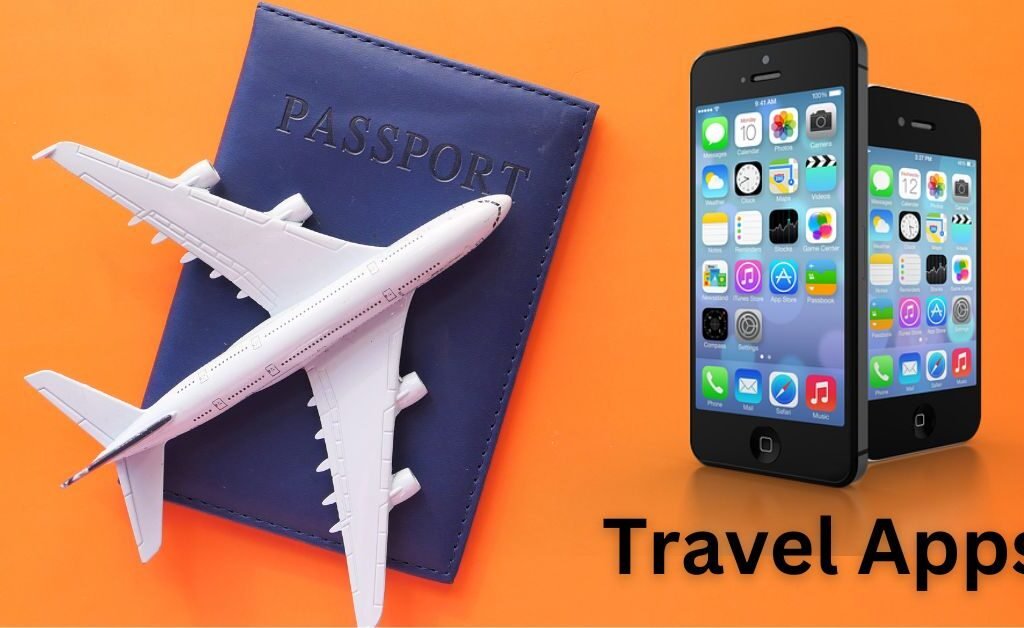
Introduction I remember planning my first budget-friendly trip; it was very challenging, especially for a first-timer. I still remember those early days when I spent hours comparing flights and hotel prices with the possibility of staying over budget at the end! Lucky for those of us living in this generation. Travel apps have made organizing […]
Which Item Is a Benefit of Using the Travel Card?
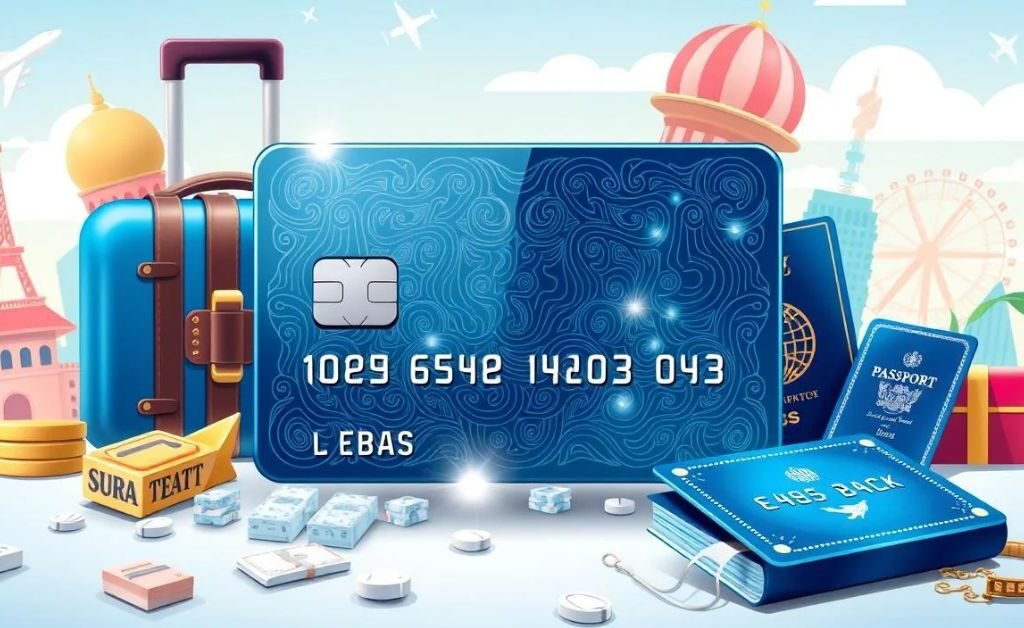
Introduction: A travel card is essential when moving across cities. It is similar to a debit or credit card but more appropriate for foreign trips. They allow you to load different currencies on it without wasting time finding a currency exchange. A travel card is particularly beneficial due to the protection it provides. Instead of […]
Top 10 Solo Vacations for Guys: Adventure Awaits!

Introduction Solo Traveling is an adventure like no other, offering men the chance to explore the world on their own terms. Whether you’re seeking a thrilling escapade, a relaxing beach getaway, or a cultural immersion, solo travel allows you to embrace freedom and self-discovery. The appeal of venturing out alone lies in the ability to […]
Thing to prepare before traveling abroad- Essential Tips
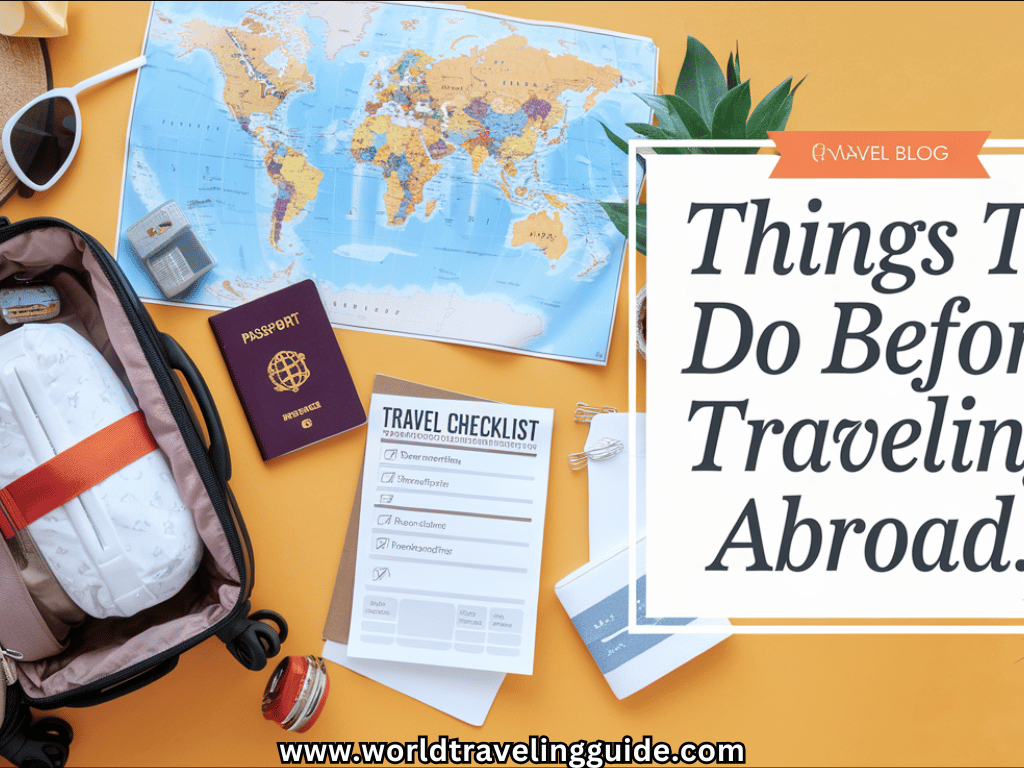
Introduction Traveling abroad is exciting, opening doors to new cultures, flavors, and experiences. However, without proper preparation, this adventure can sometimes feel overwhelming. Knowing what to handle beforehand, from gathering essential documents to creating a packing list, can ease the transition and help you start the journey confidently. This guide covers practical steps to help […]
How to plan a stress-free traveling trip or tour?
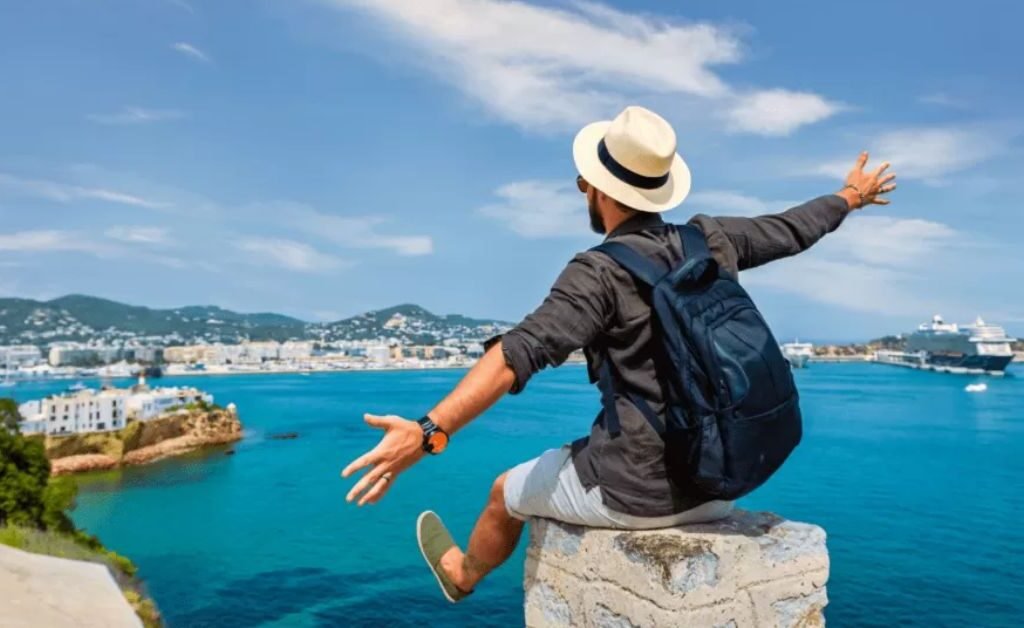
How to plan a stress-free traveling trip or tour? Traveling not only relieves the mental stress, anxiety, and depression of a person, but it also provides the best local business ideas and information to understand the local cultural and religious history and language. We will cover the following points in this article. Check your health […]
